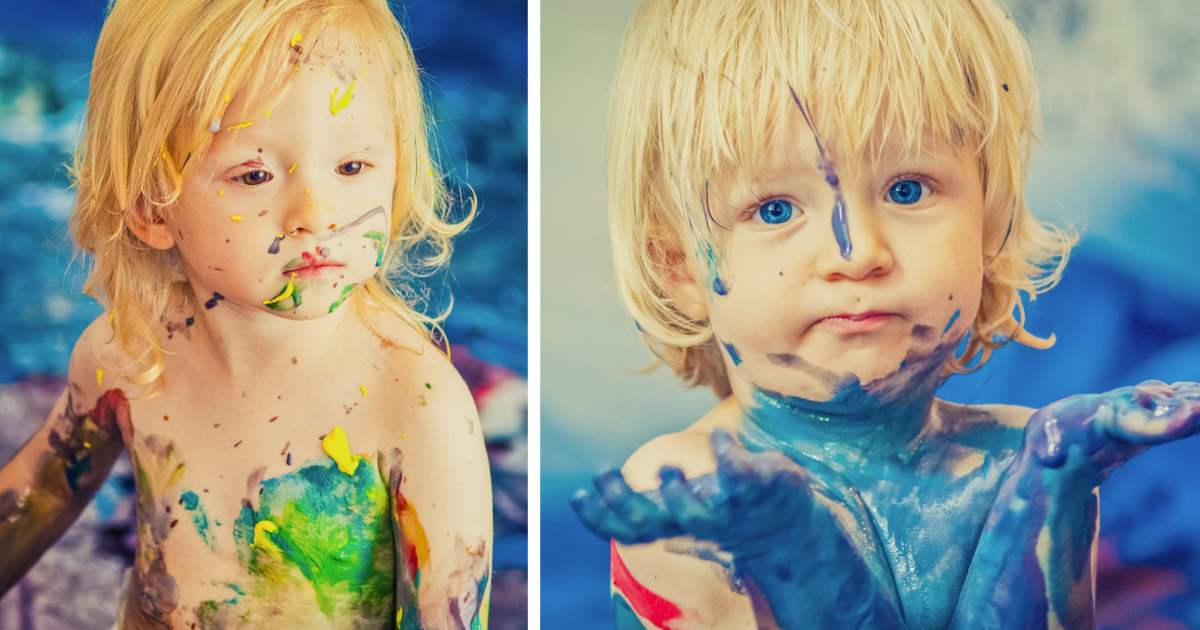Sensory Play and Learning
What do you believe about learning? How do you think children learn? What kind of experiences should we plan for children’s learning? These questions are important for setting the context for my thoughts on the question of, what is sensory play?
Children learn holistically. Their learning is transdisciplinary and interconnected and we cannot separate one way of learning, of understanding, of knowing from another.
Social media apps such as Pinterest and others highlight and share a concerning practice where educators allow children to slather and rub poster paint into their arms, their legs and even in their mouths. I urge educators to critically reflect on this practice. Is this material appropriate for children’s skin? Is it appropriate to be ingested? My conversations with some educators reveal they believe that this practice is ‘giving children agency’. They tell me that 'if children choose to explore the paint in this way, then we shouldn’t stop them as they ‘love it’ and it is an example of sensory play'.

What do you think?
I counter this practice and argument with some additional critical reflection questions about material literacy, intentionality, your image of the child and the pedagogy of setting boundaries and limits for children.
What is sensory play and why is it important? What do children learn by rubbing paint into their skin? Should sensory experiences be multi-sensory?
Why do we introduce new materials to children and what is your own literacy with materials?
Is it pedagogically appropriate to allow children to explore poster paint as above or should educators set limits and boundaries on how materials could be explored?
Is it important to intentionally teach children about the properties of materials so that their material literacy develops?
Do we need to think ‘beyond’ just exploring a material in a sensory way and think about how we can draw children’s attention to the complexity of the material – it’s affordances, it’s limitations, it’s potentials and it’s capacity to transform?
Learning should be interesting and fun and having fun can be a catalyst for learning, but educators should always be intentional when they provide experiences for children’s learning.
Kerrie O'Neill. 2018.
